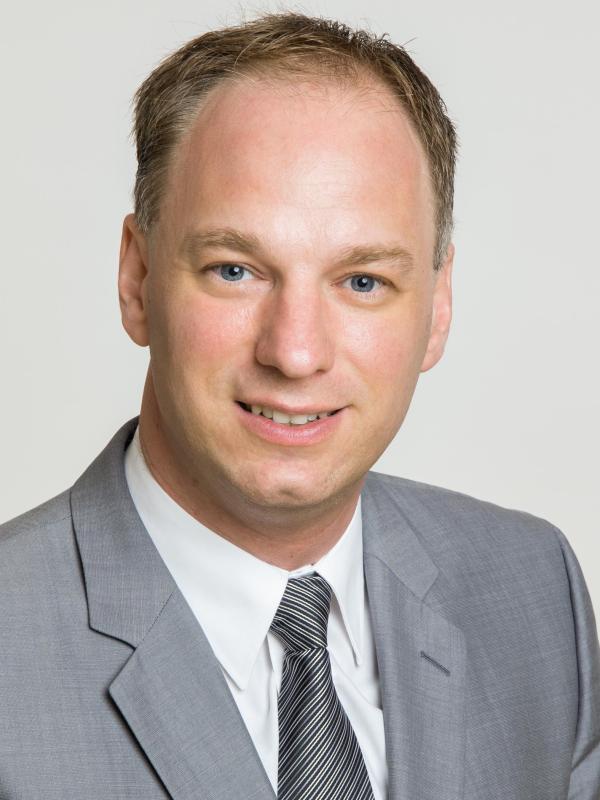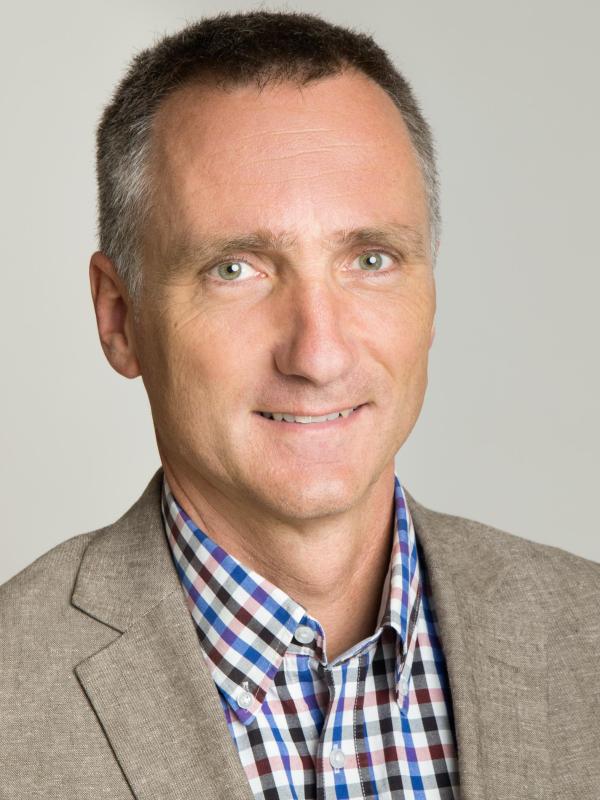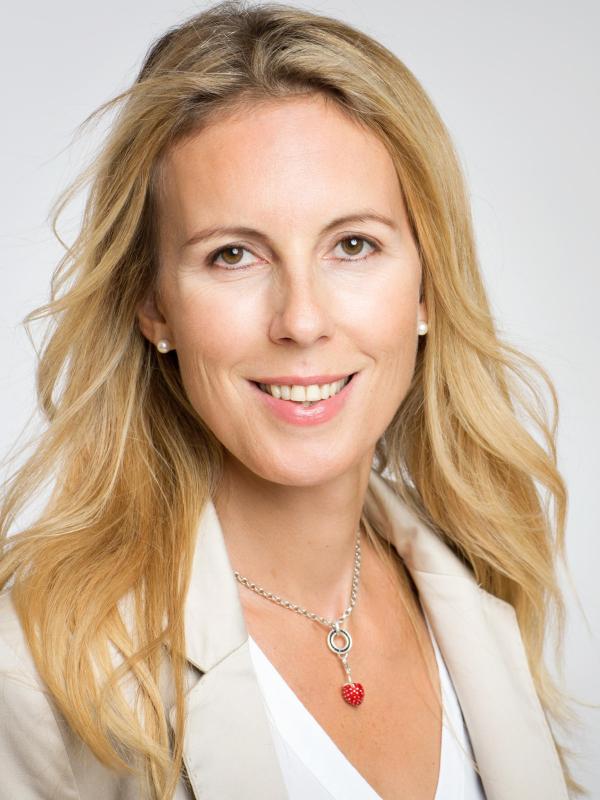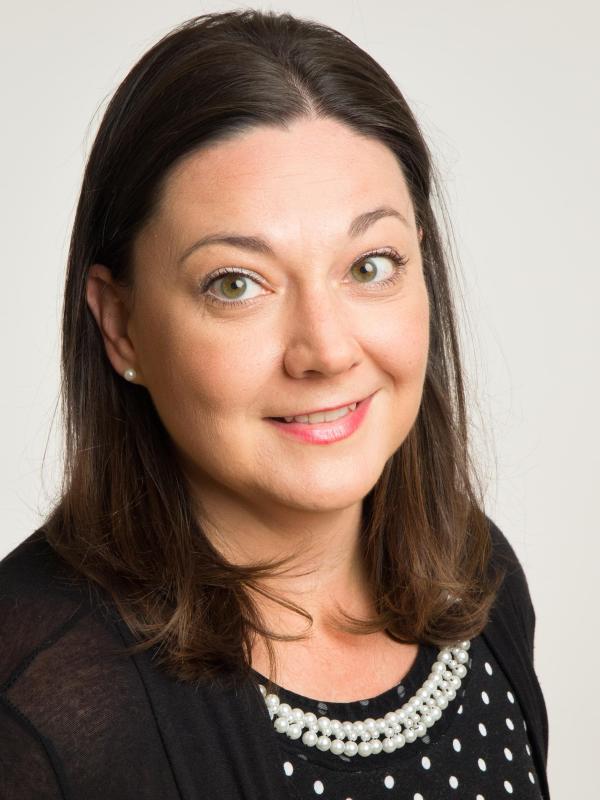UNIVERSITY
This is what sets us apart!
9 departments, outstanding teaching, excellent supervision, high practical relevance and research at the cutting edge.
UNIVERSITY
The Faculty of Technical Sciences has been in existence since 2007, with the Department of Informatics being founded as early as 1986 and the Department of Mathematics and Statistics being established in 1974. The Faculty comprises nine departments at present.
Outstanding scientific results, research projects and cooperation projects with companies form the cornerstone of the Faculty’s internationally visible specialist fields, namely:
Staff-student ratios in the Faculty are favourable to those at many other universities, which promotes valuable, ongoing exchange and dialogue between teaching staff and students. As a result, the Faculty offers teaching tailored to students’ specific requirements, which focuses on the latest scientific findings, whilst ensuring a large practical component thanks to research projects with companies.
The key objectives of the Faculty are:
9 departments, outstanding teaching, excellent supervision, high practical relevance and research at the cutting edge.

Department of Networked and Embedded Systems
Research Groups:
Department of Smart Systems Technologies
Research Groups:

Department of Artificial Intelligence and Cybersecurity
Research Groups:
Department of Informatics Systems
Research Groups:
Department of Information Technology

Department of Mathematics
Research Groups:
Department of Statistics
Research Groups:

Department of Mathematics Education
Department of Informatics Didactics
1300 students at the Faculty of Technical Sciences
Category-A published papers
Research groups
Euvation Podcast, Episode 51: From the University of Klagenfurt
In this episode, TECHNIKON invited students from the University of Klagenfurt to host their own show to examine some of the ethical issues in their field of study. Claudia Maußner and Nikita Soldatov spoke with Professor Carmela Troncoso of EPFL in Switzerland, who heads the Security and Privacy Engineering Lab. She was one of the key designers of the exposure notification protocol DP3T, which most contact tracing apps are currently using.
Euvation Podcast, Episode 52: From the University of Klagenfurt
In this episode, TECHNIKON invited students from the University of Klagenfurt to host their own show to examine some of the data privacy issues in post COVID world. Sabrina Strauß and Thomas Marquet spoke with cryptographer and cryptanalyst Bart Preneel of KU Leuven in Belgium. He was involved in the early stages of the Green Passport.




Quicklinks

Information for
Address
Your privacy is important to us!
We use cookies to optimally redesign our website and to improve it continuously for you.
Click on the different category headings to view further information and to change the default settings.
Please note that refusing some cookies may affect the way our website works. Web pages may not be displayed correctly and may not function properly.
Reference to processing of your data collected on this website in countries without an adequate level of data protection:
By clicking on "Accept all cookies", you also consent to your data being processed by Google, Facebook, LinkedIn, Twitter and YouTube, including the USA in accordance with Art. 49 (1) sentence 1 lit. a DSGVO.
The European Court of Justice considers the USA to be a country with an insufficient level of data protection according to EU standards.
Essential cookies
These cookies are strictly necessary for the functioning of the website. Essential cookies enable basic functions and are necessary for the proper functioning of the website. You can set your browser to block these cookies or to notify you about these cookies. However, some parts of the website may not work as expected.
These cookies do not store any personal data.
Hiding the cookie notice
Two cookies are required for this setting to be saved. Otherwise this hint will be displayed again every time the page is loaded.
We use tracking and analysis tools to ensure continuous optimisation and needs-based design of our website. Tracking measures also enable us to record statistics regarding the use of our website by visitors and to develop our website further on the basis of these findings.
If you do not want Google and Facebook to track your use of our website and transmit your visits, you can disable tracking in your browser here:
We also use different external services including Google Webfonts, Google Maps, and external video providers.
Since these providers may collect personal data such as your IP address we allow you to block them here.
Please be aware that this might significantly limit the functionality and appearance of our site. Changes will take effect once you reload the page.
Google Webfont Settings:
Google Maps Settings:
Google reCaptcha Settings:
Vimeo and Youtube video embeds:
For further information on the cookies used, please refer to our
Datenschutzerklärungen der Universität Klagenfurt
